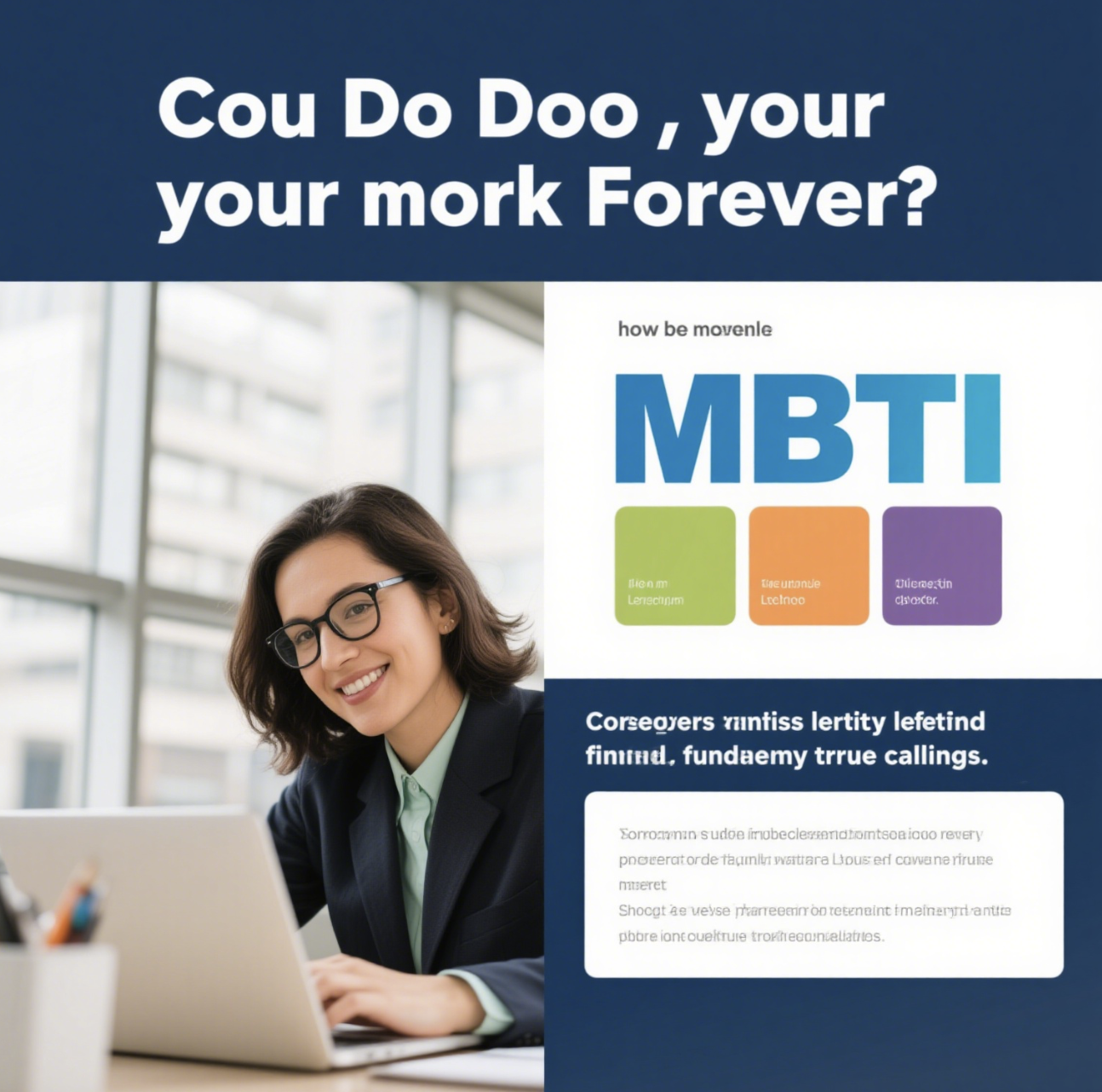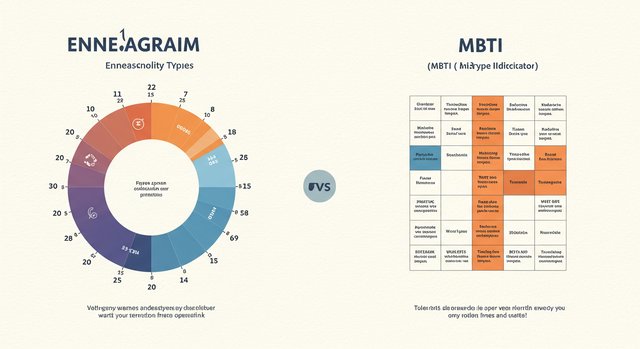Can You Do Your Job Forever? How MBTI Reveals Career Longevity & Finding Your True Calling

Can Any Job Last a Lifetime? MBTI Insights on Career Fulfillment
The Illusion of “Forever” Careers
The question “Can you do this job forever?” seems almost naive in today’s rapidly evolving workforce. Yet, as the story of Dongdongqiang—a former Ogilvy ad creative who pivoted to cultural industries—illustrates, this question can trigger profound self-reflection. His journey mirrors a universal dilemma: Is my work meaningful enough to sustain a lifetime of engagement?
From an MBTI and career development perspective, this question isn’t about literal permanence but about alignment between personality, values, and daily tasks. For instance:
High-Intuition types (e.g., ENFP, INFP) often crave purpose and may struggle in repetitive roles.
Sensing-Judging types (e.g., ISTJ, ESTJ) might find stability in structured, long-term careers.
The key insight? No job is inherently “forever,” but some align better with your innate wiring.The Trap of Overanalyzing Meaning
The article critiques the tendency to obsess over existential questions like “What’s the essence of my work?” While introspection is valuable, excessive focus on “ultimate purpose” can paralyze decision-making. Consider:
MBTI’s Thinking (T) vs. Feeling (F) dichotomy: Thinkers may prioritize logic (“Does this job make sense?”), while Feelers seek emotional fulfillment (“Does this work resonate with my values?”).
The danger of “forced profundity”: Pressuring others (or yourself) to justify lifelong commitment to a role ignores the organic, evolving nature of careers.
A healthier approach: Observe how your current role functions—its rhythms, challenges, and rewards—before judging its “worthiness.”The MBTI Lens: Finding Your “Dao” in Work
The Eastern concept of Dao (道)—a natural path or way—parallels the MBTI framework’s emphasis on self-awareness. For example:
Extraverts (E) may thrive in collaborative, dynamic fields (e.g., marketing, entertainment).
Introverts (I) might excel in deep, focused work (e.g., research, writing).
The lesson? Your “Dao” isn’t found through relentless questioning but through experiential learning. As the author notes, asking “How does this work?” (practical understanding) is more productive than “Why does this matter?” (abstract doubt).Career Transitions: When to Pivot
Dongdongqiang’s shift from advertising to cultural industries highlights a common MBTI-driven pattern:
Initial Fit: Creative roles (e.g., advertising) often attract Intuitive-Perceiving types (NP) who enjoy ideation.
Burnout Triggers: Over time, NP types may chafe under commercial constraints, seeking more autonomous or meaningful outlets.
Pivot Points: Transitioning to fields like arts or education can better align with their authentic interests (e.g., ENFPs in storytelling, INFPs in advocacy).
Key Takeaway: Career changes aren’t failures but iterations toward better alignment.Practical Advice: Navigating Career Uncertainty
Assess Your MBTI Type: Use tools like the ProMbti platform to identify your strengths (e.g., an ENTJ’s leadership vs. an ISFJ’s service orientation).
Reframe “Forever”: Focus on present satisfaction—does your job engage your core traits today?
Embrace Incremental Growth: Like Dongdongqiang, allow your path to unfold organically. “Don’t lose your way, but don’t disturb others’ journeys either.”
Conclusion: The Myth of the Perfect Career
The quest for a “lifetime career” is less about finding a single perfect role and more about continuous self-discovery. MBTI teaches us that careers are fluid, and fulfillment comes from understanding—not forcing—your natural inclinations.
As the author concludes: *“If I could rephrase my question today, I’d say: ‘Your work can last a lifetime—until you find something even better.’”*




